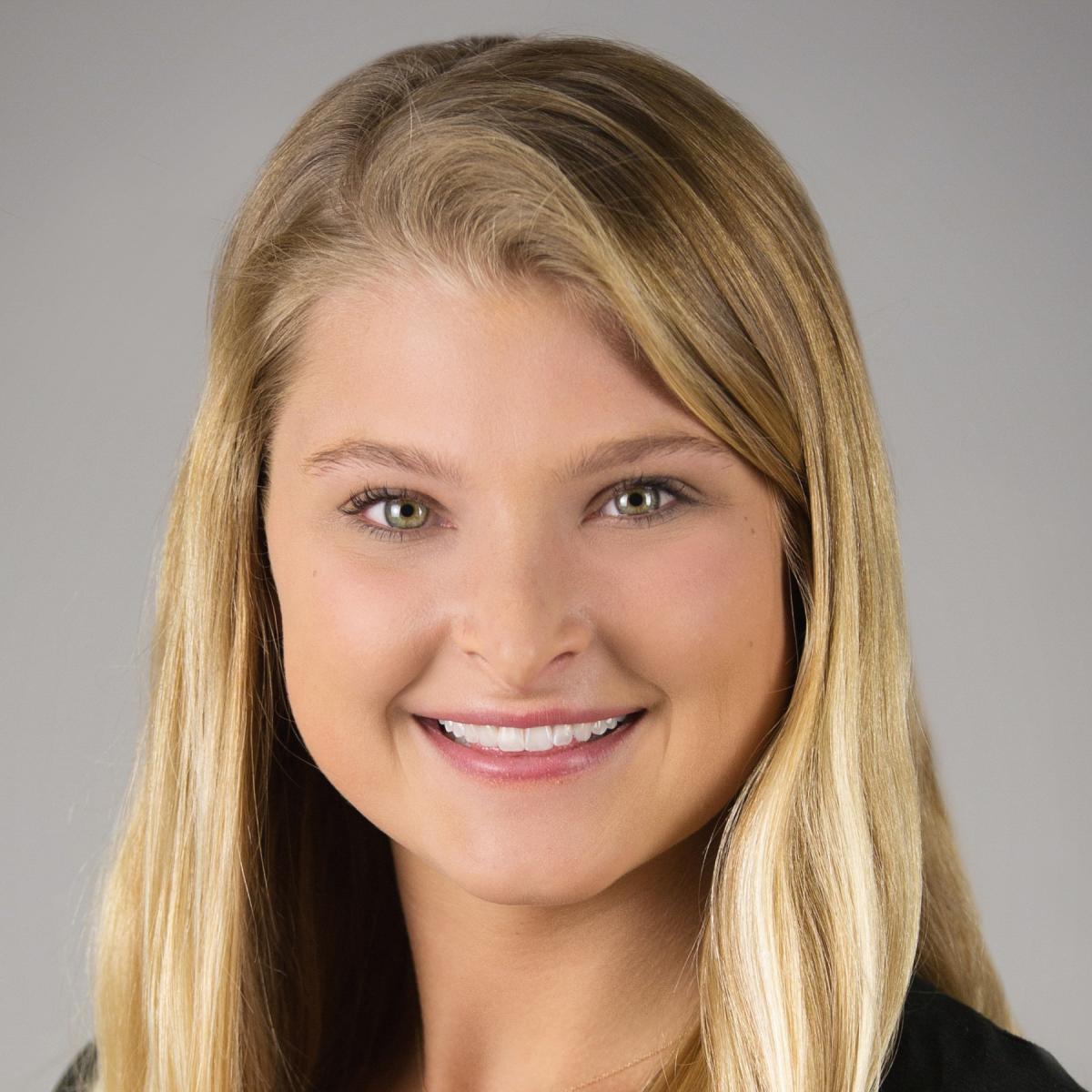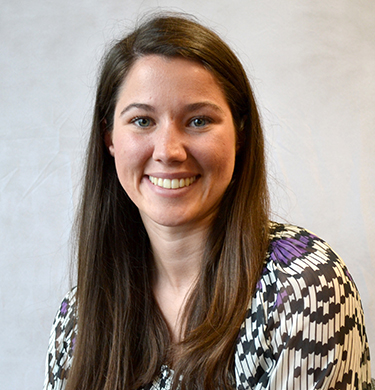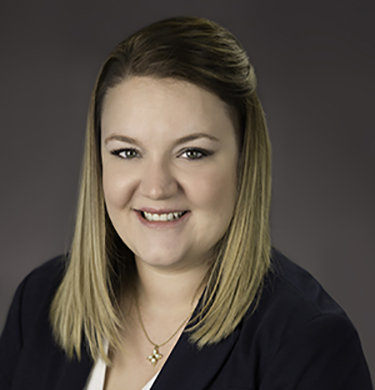To Return or Not to Return to Higher Education
 Summer is in full swing. The smell of sunscreen, chlorine and BBQ are here. One smell that is closing in is the smell of deadlines for higher education school applications. That’s right, the smell for returning to school is just as strong with more impact and weight than a family order of ribs.
Summer is in full swing. The smell of sunscreen, chlorine and BBQ are here. One smell that is closing in is the smell of deadlines for higher education school applications. That’s right, the smell for returning to school is just as strong with more impact and weight than a family order of ribs.
But is returning to school right for you? With different programs, applications and life, it can be tough to even consider returning. For more insight, three Freese and Nichols employees weigh in on their experience to provide more clarity.
 Rachel Coker
Rachel Coker
Location: Austin office
Studying: Environmental water resources master’s program
Student: Full-time
Working at FNI: Part-time
 Emily Darr
Emily Darr
Location: Winston-Salem office
Studying: Biological and agriculture engineering PhD program
Student: Part-time
Working at FNI: Full-time
 Marissa Mendoza
Marissa Mendoza
Location: Austin office
Studying: MBA with a focus in accounting
Student: Part-time
Working at FNI: Full-time
A major reason most return to school is for what the degree can bring to their technical work. Emily always planned to return, most likely for a support degree like an MBA. It wasn’t until she started working with Bryan Dick, who was finishing his Doctorate in Geomorphology, when she felt an opportunity. She saw potential to combine biological and agricultural to provide a tool to use while spreading the knowledge.
Marissa and Rachel’s return to school was sparked by family influence. Marissa was the first person in her family to go straight to college after high school. She made it her goal to take the next step to an MBA. Rachel’s father, who had received his master’s in civil engineering, had put an emphasis in higher education. With the encouragement of her family and her research assistantship from undergrad, allowing her to present at a New Orleans conference, she knew she wanted to return.
Work/School/Life Adjustments
Returning to school will add an additional set of responsibilities to your life.
Emily woke up at 5 a.m. to get a couple hours of work in before class. This led to a lot less sleep, and Marissa experienced this too. After her daughter fell asleep, Marissa started studying in addition to some weekends. She utilized Freese and Nichols’ Alternative Work Schedule, leaving her more time on Fridays for school. Rachel treats her day like she’s still working full-time. She strategically signed up for classes mid-day so she can complete her studies in the morning and work in the afternoons.
 Just the school setting itself can be a hurdle. Rachel’s interdisciplinary course work differs from her undergrad experience. She no longer has a niche group for lecture. Her classes now are driven by discussions with a legal perspective.
Just the school setting itself can be a hurdle. Rachel’s interdisciplinary course work differs from her undergrad experience. She no longer has a niche group for lecture. Her classes now are driven by discussions with a legal perspective.
“We are all teaching each other and learning from each other… unlike undergrad where you go to class, do homework and take tests, every class in grad school seems like an exam because what you contribute to the class affects your overall grade.”
It can also be easy to forget what the school environment feels like.
Emily felt this when she switches between learning and doing. On class days she will work on her FNI projects in the morning and when class time rolls around, taking off the worker hat for the learning hat was not an easy transition.
Don’t worry it does get better. Every semester is different with class and work demands.
“The first couple of weeks are pretty overwhelming,” Emily shares. “Like holy cow what have I gotten myself into,” but after that first couple of weeks things settle down. Professors are also willing to work with any work-related absences, like for fieldwork. “It’s no different from work, just different clients.”
Marissa was expecting more details in the course work but found the course more of a medley of business culture, management and oversight of different department functionalities. “In the grand scheme of things, it’s a short commitment that will be a benefit for the rest of your life.”
Next Steps:
Reach Out
Those in your life are the best tools to use in the decision-making process. Marissa had discussed it with her husband and boss Gwen Perez. Gwen possessed a similar academic background, giving her a more accurate portrayal of how her grad school would look like.
Emily reached out to colleagues and several professors from undergrad. “It was refreshing to see how willing the professors are to work with you… much different from undergrad.”
Reaching out to professors also prepares you for letters of recommendations and letters of interest/ personal statements. To have the resources for a thesis research project, professor backing is a must. Emily’s meeting with her professors showed them her drive for her research. “A lot of people go back to school just for the degree not the research project… it made the professors a lot more excited for a part-time student.”
Application Process
Each program has their own set of requirements, but all are consistent with letters of recommendation, personal statements and the GRE. This three-part, timed test can be a deal-maker or breaker for most universities. It’s not uncommon to take the test multiple times, either.
Rachel stresses the importance of understanding the timing of the test. The GRE expires after five years from taking it. Emily felt this crunch having hers expired a month before her application. From reaching out to her prior professors and staying in the same department, the GRE was waived for her.
Final Thought: Just Do It!
The “right” time most likely will never come. Some companies, including Freese and Nichols, offers tuition reimbursement. Now’s the time to take advantage of it. The Freese and Nichols team will provide support and encouragement to pursue a higher education, you might as well take the opportunity.

